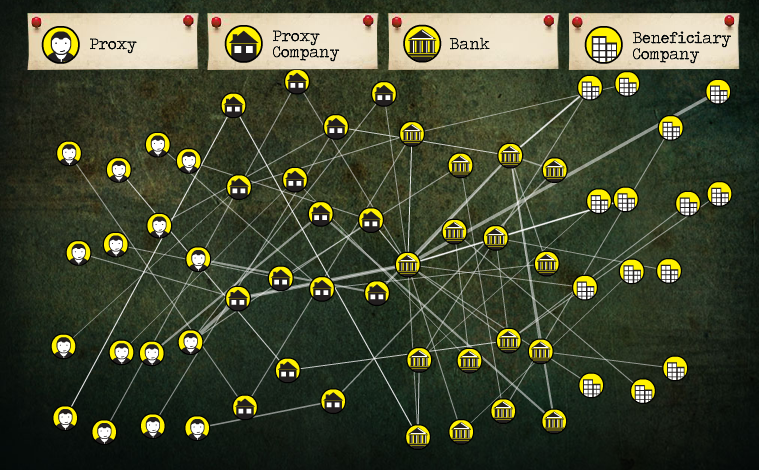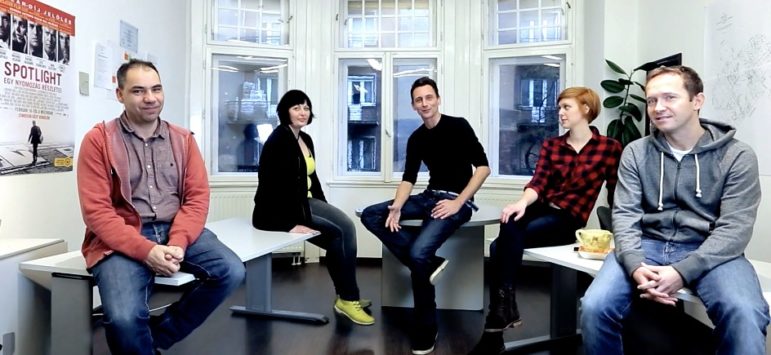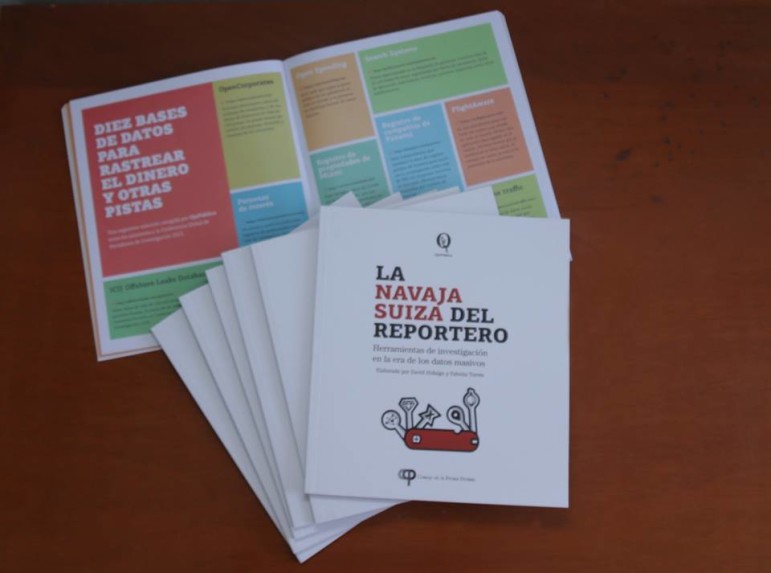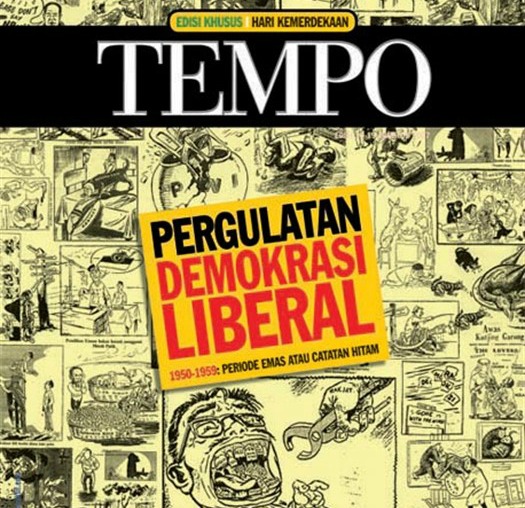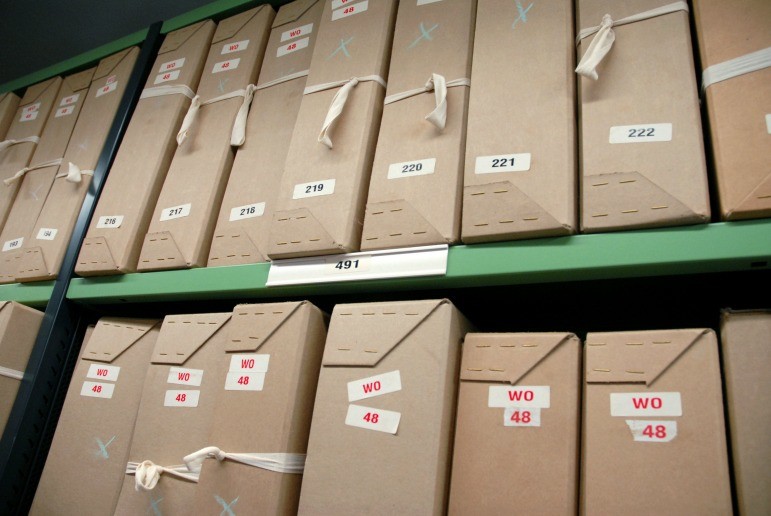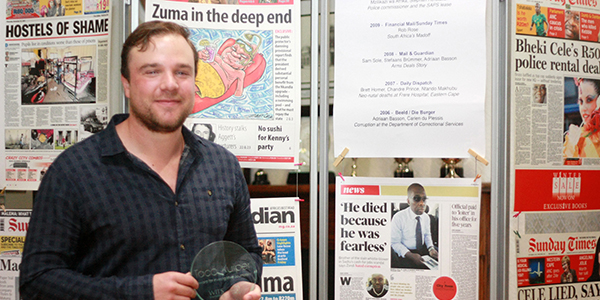
News & Analysis
Investigating The Vatican
The job of journalists in Italy uncovering and reporting scandals about the Catholic Church has changed. The news media are dedicating more space to these stories, while internal factions within the Church have given an advantage to reporters on the Vatican beat. But dealing with the topic can still be quite tricky…


